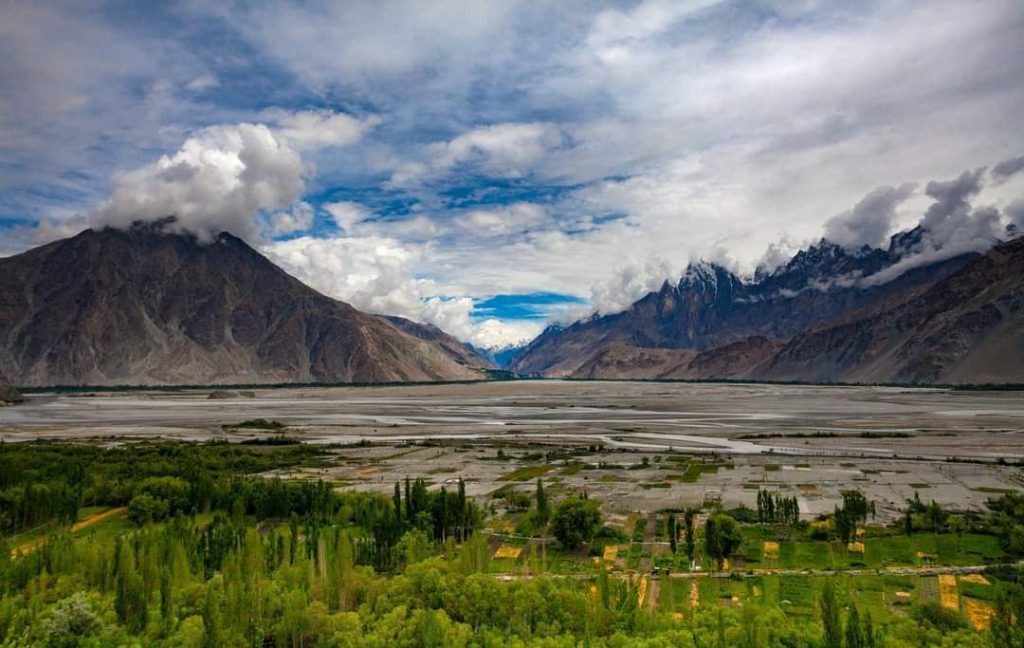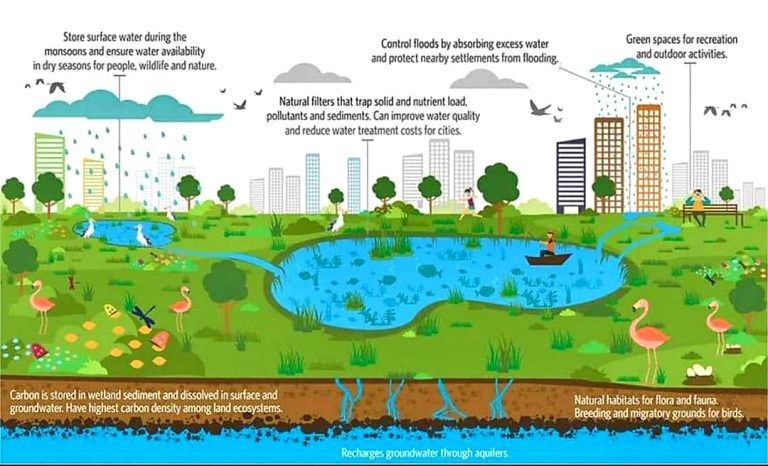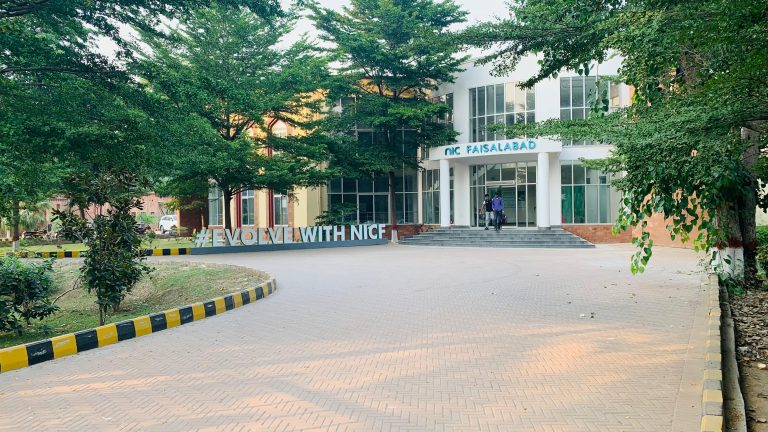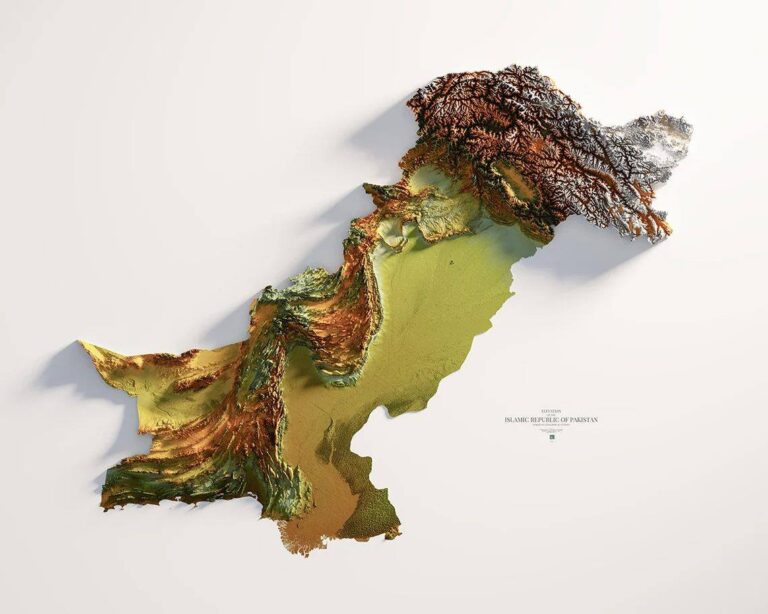The Importance of Promoting Eco-Friendly Tourism

Due to climate change and recent spikes in temperatures have led to a significant increase in the number of local tourists flocking to northern regions. While this surge is seen as a positive sign for the local tourism industry, it also highlights pressing concerns regarding the need to protect natural envoirnment, improve infrastructure and basic facilities in these areas. Incidents involving tourists facing accidents and emergencies emphasize the necessity of prioritizing these improvements over mere tourism promotion. Moreover, it’s crucial to address the behaviour of local populations towards tourists, particularly the attitudes of hotel owners and shopkeepers, which have increasingly become a cause for concern.
Equally important is the need for tourists to respect the local culture and customs, as well as to refrain from littering. A disturbing trend has emerged where visitors, oblivious to the environmental impact, are damaging fruit trees by picking fruits recklessly, leading to broken branches or severely reduced fruit production. This naturally provokes a reaction from the local population, potentially leading to unpleasant situations.
In light of these challenges, it is evident that educating citizens about their responsibilities as tourists is more critical than simply encouraging tourism. From an environmental perspective, it is also necessary to guide tourists on how to avoid activities that harm the natural environment. The rise of social media has introduced a broader audience to new destinations within these regions, but the corresponding infrastructure and facilities are often lacking, contributing to environmental issues.
Many of these areas suffer from inadequate infrastructure, with frequent power outages and limited access to essential services such as phone and internet connectivity. The scarcity of clean drinking water is another pressing issue. Given these conditions, there is an urgent need to develop sustainable and environmentally friendly infrastructure. This could involve inviting international and experienced local investors to help develop these areas, which would not only attract domestic tourists but also appeal to international visitors. Currently, tourism contributes around six per cent to the national income, a figure that could be increased to 20 per cent with the right focus on security and infrastructure development.
Additionally, there is a need to build world-class airports in these tourist regions or upgrade existing ones to allow direct access for international tourists. Encouragingly, the government and military, through the Green Tourism Company, have begun constructing 150 hotels in northern regions. These hotels are being built in previously underdeveloped areas that were largely inaccessible to tourists.
However, if infrastructure development continues without adhering to environmental protection regulations, the impact on the local environment could be devastating. Although the influx of tourists in recent years has economically benefited the local population, the environmental damage caused by irresponsible tourism outweighs these short-term gains. The government must recognize that these resource-deprived areas cannot sustain the annual influx of millions of local tourists without significant, policy-driven investment in infrastructure.
It is important to note that Pakistan’s mountainous regions are already vulnerable to severe environmental threats due to rising temperatures, decreasing snowfall, melting glaciers, and the resulting flash floods. The large number of tourists, along with the influx of vehicles and the supply of food and other necessities, is exacerbating pollution in these areas. While mass tourism might offer financial benefits in the short term, it poses long-term risks to natural resources and ecosystems. This article does not advocate for reducing tourism but rather emphasizes the need for responsible tourism practices. The challenges facing Pakistan’s tourism sector can be addressed by promoting eco-friendly tourism, or “ecotourism,” to ensure that the economic opportunities for local communities go hand-in-hand with the protection of the natural environment and cultural diversity of these regions.






